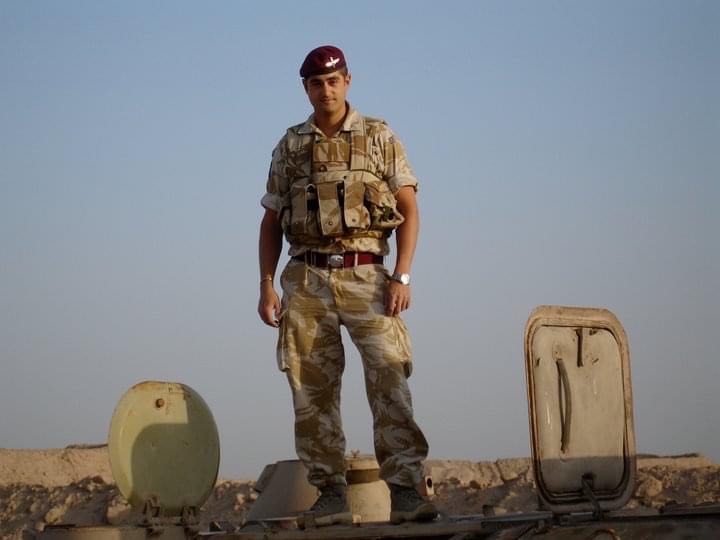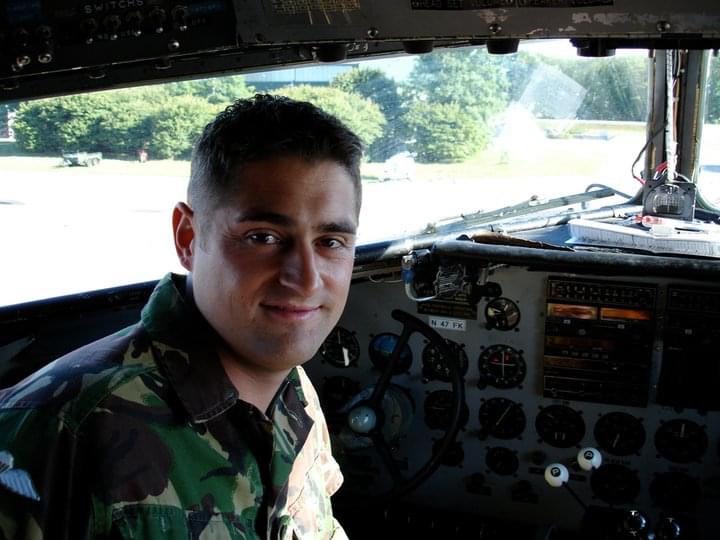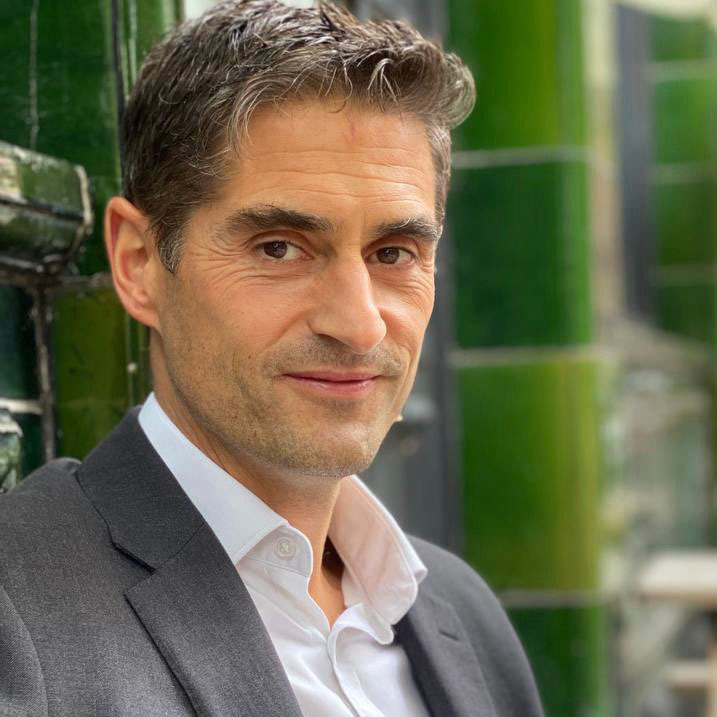Why quitting alcohol is so hard and how being sober might improve your military career
For more than a quarter of a century, William Porter's drinking gradually overwhelmed him to the point where the former PARA would keep alcohol near his bed so he could drink in the middle of the night to stave off a hangover the next morning.
He said: "It kind of crossed that line between just drinking all the time so I'd wake up in the night, have a drink, go back to sleep, wake up again in the morning and just keep drinking."
William started drinking and smoking when he was about 14 and by the time he joined 4th Battalion The Parachute Regiment (4 PARA), during which time he deployed to Iraq for six months, he was unaware his binge drinking was becoming a problem.

Now, after much research and publishing his book 'Alcohol Explained', a guide to understanding why people drink alcohol and how they can stop, William understands how drinking can negatively affect many aspects of your life, including sleep and energy levels – two crucial things you need to get right while serving in the Armed Forces.
Having finally stopped drinking in February 2014, William is keen to help others give up alcohol.
He said: "One of the surprising things I found was, when I stopped, of course, you enjoy yourself without alcohol.
"Quitting is just about re-learning a skill that you had before you started drinking, which is being able to go out and enjoy yourself without alcohol."
Speaking with George Ryland, a BFBS the Forces Station broadcaster, William explained just how much of a problem his drinking had become.
He said: "I was always a binge drinker and my binges were getting, sort of, longer and longer and worse and worse.
"Whenever I drank alcohol, I'd wake up in the middle of the night and couldn't get back to sleep.
"I remember reading a book once and one of the characters used to keep a couple of beers back so that when he woke up in the night with a hangover, he'd have a couple of drinks to get back to sleep and, I thought, 'Oh, I'll try that'."

His own experience of serving in the Armed Forces left him feeling as though, for many service personnel, drinking is "seen as ... a test of strength".
He said: "You know, if you can't go out and drink loads and get up the next day and function, you're not strong enough.
"It's a bit ridiculous, to be honest.
"So, we've kind of got into this culture, but there's no actual rational or sensible reason for it."
At the height of William's struggle with alcohol, he was no longer serving in 4 PARA but had an office job. His entire weekend revolved around drinking which would, at times, affect his career.
He said: "I'd literally start drinking on a Friday afternoon, drink through, you'd wake up on Monday morning feeling awful.
"Ring in sick, sit around at home and just start drinking again so it was just getting worse and worse and worse."

Eventually, William realised he needed help to break his cycle of drinking – something many people attempt by taking part in 'Go Sober For October' which encourages people to go alcohol-free in October to raise money for Macmillan Cancer Support.
For William, though, this approach did not have the effect he needed to permanently stop drinking.
He said: "You need to approach it in the right way because there's a tendency to [say] 'I'm doing dry January' ... so I just won't go out for a month.
"It's almost like a penance.
"[You] end up having a pretty miserable month and kind of just solidify in your mind how important alcohol is.
"You do need to go out there and enjoy yourself and keep doing the stuff you'd normally do and compare it to how good it is if you're drinking."
During his recovery, William attended sobriety programmes but felt they were not the answer to overcoming the problem for him personally.
He said: "I'm all right doing stuff if I can see a reason for it.
"I wanted firstly to understand why it was so hard for me to stop when I started drinking.
"And that's really, what 'Alcohol Explained' was – it's just an explanation of all the different bits that, sort of, make up drinking and alcohol dependency."
How might drinking affect your military career?
Sleep
Two of the biggest impacts alcohol can have on your body might, in turn, affect your ability to perform your job efficiently.
While many believe drinking alcohol can help you sleep, in fact, William says, the opposite is the truth.
He said: "One of the biggest things, and this is something a lot of people don't realise, is how it impacts sleep.
"It's usually about five hours after your last drink that the alcohol wears off and the stimulants that your brain has produced start to outweigh the depressing effect of the alcohol.
"So, a lot of people find they sleep very badly when they drink alcohol.
"If you quit for a month, you'll definitely find you're more refreshed and just feeling better.
Fitness
In addition, whether you consider yourself to be someone who does not drink too much alcohol or someone who is aware they need to quit – alcohol accelerates your heart rate.
When your heart rate goes up, your body says to you 'stop, slow down and rest'.
He said: "So when you're drinking alcohol, you automatically feel a bit more lethargic and a bit more sluggish.
"You know, those morning runs are more difficult – you need to put more energy in, you're not going as fast.
"It just detracts massively from your fitness."
If you or someone you know needs support at this time, find help available on our website.









